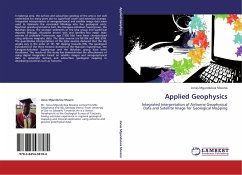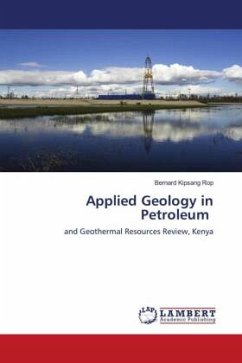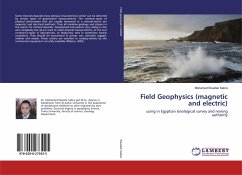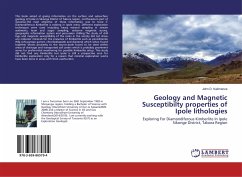In Kalenga area, the surface and subsurface geology of the area is not well understood for many years due to superficial covers and extensive swamps. Integrated interpretation of aerogeophysical and satellite image data were used to delineate the concealed lithology into five geological units; Nyanzian granite-greenstone belt, the Karagwe-Ankolean Supergroup, the Bukoban group, the younger sediments of the Uha group and superficial deposits (mbuga), chocolate brown soils and laterites.Two major dyke swarms of probable Proterozoic age (1350 Ma) have been characterized using airborne magnetic data. The dyke swarms are NE-SW and NNE-SSW. The quantitative interpretations of the dyke swarms deduced that the dip angles vary in the order of 16°- 50° dipping towards NW. The geological boundaries of the three tectonic domains of the Nyanzian Supergroup, the Karagwe-Ankolean Supergroup and the Bukoban group have been elucidated. The results of this study has demonstrated the effectiveness of using digital integration based on satellite images and aerogeophysical data in systematic surface and subsurface geological mapping in developing countries such as Tanzania.
Bitte wählen Sie Ihr Anliegen aus.
Rechnungen
Retourenschein anfordern
Bestellstatus
Storno








